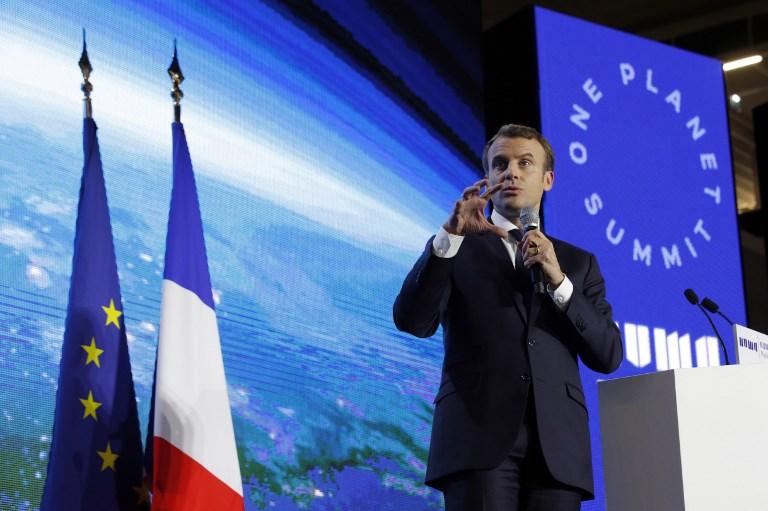Photo: AFP
 JUNE 26th 2019
JUNE 26th 2019
By Patryk Krych | The World Daily
France Has Yet to Meet Its Own Emission Cut Targets
With carbon emissions from transport and buildings not dropping as planned in France, and its government soon having to plan to re-amount its efforts in order to get back on track, it looks as though France won’t be able to meet its emission cut targets by the given deadlines, the country’s new climate council says.
The Haut Conseil pour le Climat (HCC), France’s newly appointed independent climate advisory council, said in its first report that between 2015 and 2018, emissions had only fallen by an estimated 1.1 percent; only over half the 1.9 percent target that was originally set for the country.
The role of HCC is unchanged since its setting-up back in May: to advise and verify on the topic of change to a low-carbon economy. HCC is modelled on the British Committee on Climate Change (CCC), who serve a similar if not identical purpose in the UK.
France, having initially been the driving force behind the 2016 Paris Agreement which aimed to limit global emissions and in doing so hope to void the threats of global warming, is now debating an energy bill that targets net zero emissions by the year 2050 within its parliament.
Environmentalists are concerned, however, and say that not enough is being done about the issue. Despite setting the faraway, if admittedly daring target, many have come to believe that French President Emmanuel Macron is leaving most of the hard decisions for his future successors in this regard, and presently doing very little to change attitudes and behaviours towards the issues, especially towards consumers.
“It’s not enough to talk about climate emergency, Emmanuel Macron and his government need to seriously start tackling the problem,” Stated Greenpeace France chief Jean-François Julliard.
The critique seems to see echo and repetition from the head of new climate council, set up be Macron’s government. The majority of the criticisms seem to be based around the fact that the commitments set in place are highly unlikely to be approved and met with current French policies being what they are, despite their noble and ambitious nature.
Franco-Canadian climatologist and HCC chief Corinne Le Quere said that “As long as action on climate change remains on the periphery of public policies, France will not achieve carbon neutrality by 2050.”
The report by the HCC stated that the primary cause of France’s failure to reach climate targets is mainly due to the high transport emissions in the country. French transport emissions have seen no decrease in the last 10 years, either seeing increase or otherwise. As well as this, there is the added issue that emissions from buildings have decreased three times slower than anticipated, leaving the target very much wanting.
The country has seen variating efforts to curb emission rates over the years, especially through taxation, but such efforts have fallen under the collaboration of mass protests and demonstrations in response. Another such effort came in 2018, when Macron publicised a planned increase in car fuel taxes after “yellow vest” protests against it had changed into a variationally violent movement that had challenged his plans for wider reformation.
It has also been recommended by the HCC that France’s carbon targets should also include the issue of imported emissions, stating that it’s important to account for the carbon emissions transported over in goods that were manufactured in other countries.
Climate change is now, more than ever, a government priority,” said the French Prime Minister Edouard Philippe, in a statement talking about how he had received and understood the HCC’s report, and assured that the first response to its recommendations will be formulated by the government early in July.
By Patryk Krych | The World Daily






